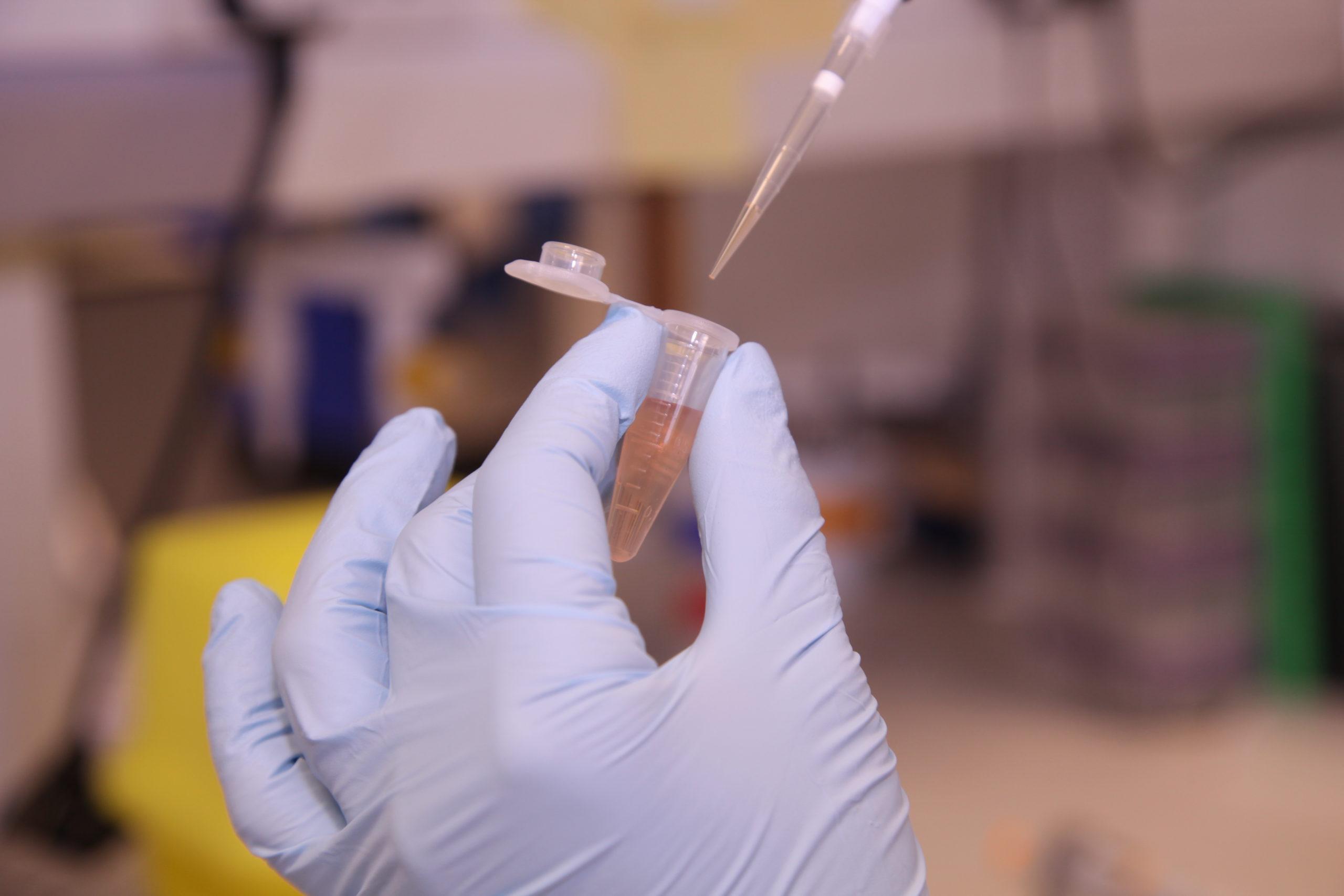BCI researcher receives prestigious MRC grant to investigate how HPV infection develops into cancer
Dr Sarah McClelland from Barts Cancer Institute (BCI) at Queen Mary University of London is part of a collaborative project that has secured £1.2 million in funding from the Medical Research Council (MRC) to investigate the mechanisms leading to cancer development in cells infected with human papillomavirus (HPV).
The funding is part of the MRC’s competitive multimodal research funding call, which has awarded £7 million over three years towards seven new collaborative research projects that aim to gain a greater understanding of human diseases.
A new window into the early stages of HPV infection
 HPV is an extremely common virus that infects the thin, flat cells that line the skin and organs in the body (called epithelial cells). HPV infection is associated with almost all cases of cervical cancer, and is linked with other cancer types including some forms of head and neck cancer; however, very little is known about the initial changes that occur within the genetic code of HPV-infected cells that drive cancer development.
HPV is an extremely common virus that infects the thin, flat cells that line the skin and organs in the body (called epithelial cells). HPV infection is associated with almost all cases of cervical cancer, and is linked with other cancer types including some forms of head and neck cancer; however, very little is known about the initial changes that occur within the genetic code of HPV-infected cells that drive cancer development.
Each time a cell divides, it needs to replicate accurately its DNA. Cells contain important genes that regulate cell growth and division; however, if these genes acquire mutations they can be transformed into oncogenes, which cause cells to replicate out of control and drive the development of cancer. Some viruses, including HPV, can introduce oncogenes into the cells they infect.
The deregulation of cell division caused by oncogenes leads to a phenomenon called replication stress, and is a major cause of genomic instability – a hallmark of many cancer types.
This project aims to discover the initiating mechanisms leading to genomic instability in HPV-infected cells using a 3D tissue model of the skin. Using this model, combined with genetic sequencing and computational biology techniques, the team will track what happens at the cellular and genetic levels in the very earliest stages of HPV infection through to the cancerous transformation of the cell.
Such insights would be a vital step forward in understanding what causes cells to become cancerous, and subsequently help to find ways to improve early detection and treatment of cancer.
The collaborating teams are led by Dr McClelland at Queen Mary’s BCI, Professor Joanna Parish and Dr Eva Petermann at the University of Birmingham, and Dr Michael Boemo at the University of Cambridge.

A tool to investigate important questions about genomic instability in cancer
The 3D tissue model will enable the team to characterise, over time and space, the genetic changes and types of genomic instability that occur in HPV-infected cells as the virus moves through its lifecycle and the different layers of the skin.
Dr McClelland, Reader in Cancer Cell Biology in BCI’s Centre for Cancer Genomics and Computational Biology, said:
“Model systems to study replication stress and genomic instability are limited. In this project, we will develop a biologically relevant 3D model that will allow us to not only define the specific genetic changes that occur during HPV infection, but that will also enable us to see the interplay between the different mechanisms that contribute to cancer development.
“The strength of this project is that it has brought together multiple teams with different expertise, who can use this model system to ask and investigate a variety of important questions relating to genomic instability in cancer.”
Approximately £340,000 of the £1.2 million award will support research in Dr McClelland’s team at BCI, which will look at the cell division defects that occur in HPV-infected cells using a variety of microscopy and cell biology techniques, including live cell imaging. The team will also use the model to manipulate the levels of replication stress within the cells, to investigate how the extent of replication stress affects different aspects of cell division.
At the genetic level, the team will deconstruct the 3D models and sequence the genomes of individual cells and different populations of cells within the model to identify mutations that could contribute to cancer progression.
The project is due to start in June this year, and Dr McClelland will shortly be recruiting for a postdoctoral researcher to work on this project within her group.
Further information:
- MRC press release - 'Integrated human disease research projects awarded £7 million'
Category: General News, Grants & Awards

No comments yet